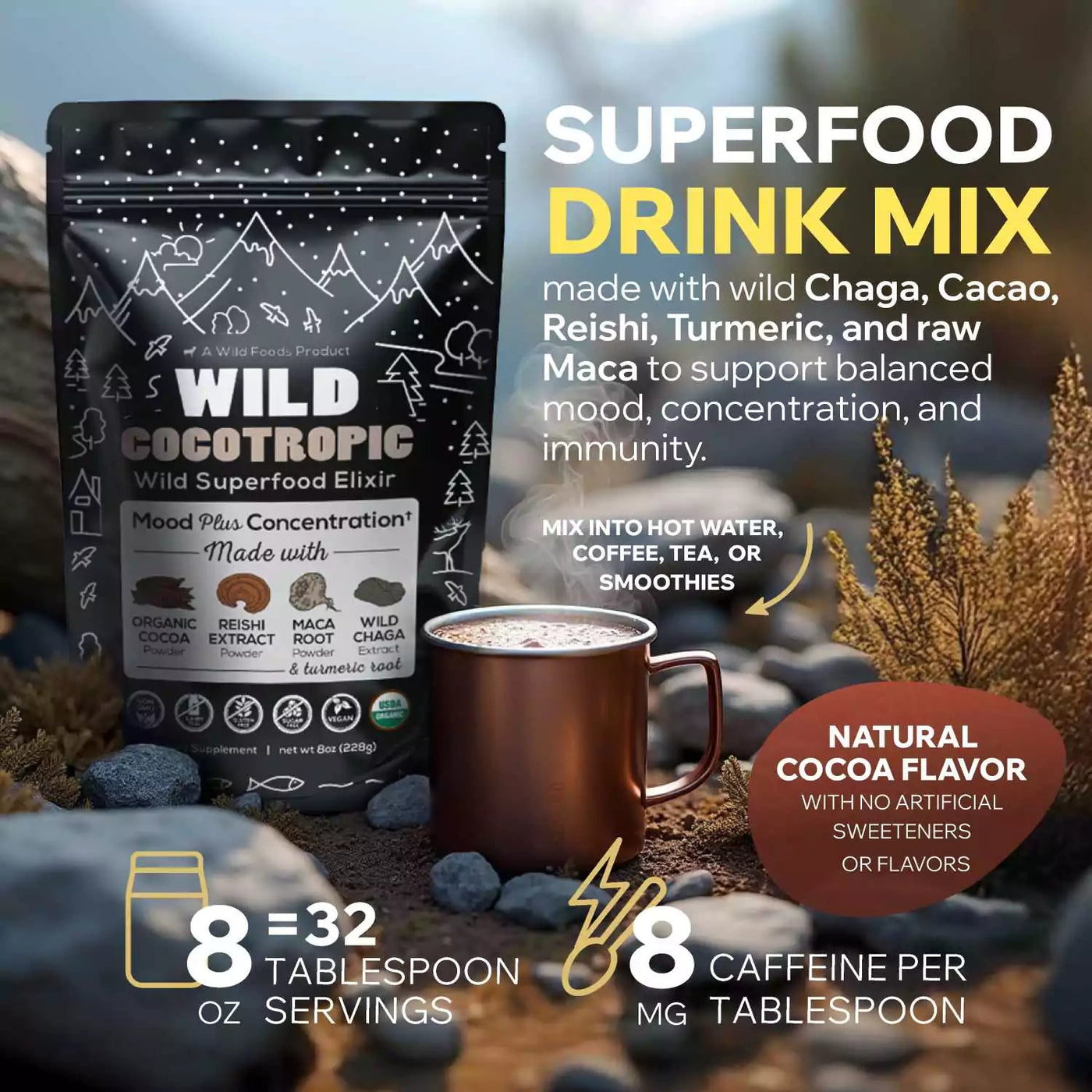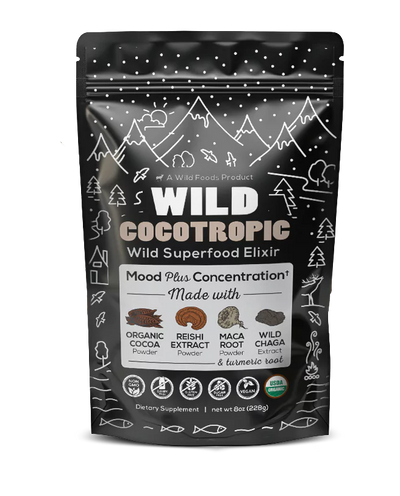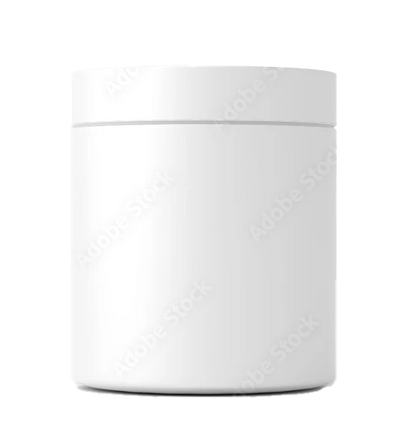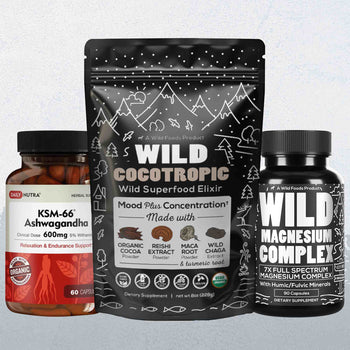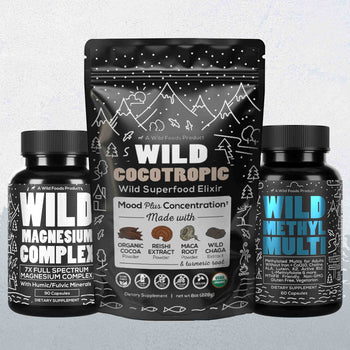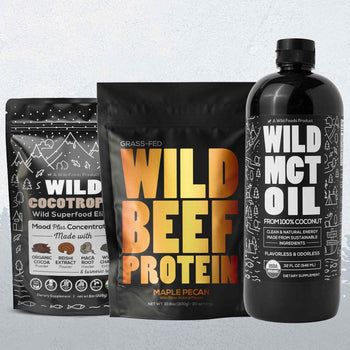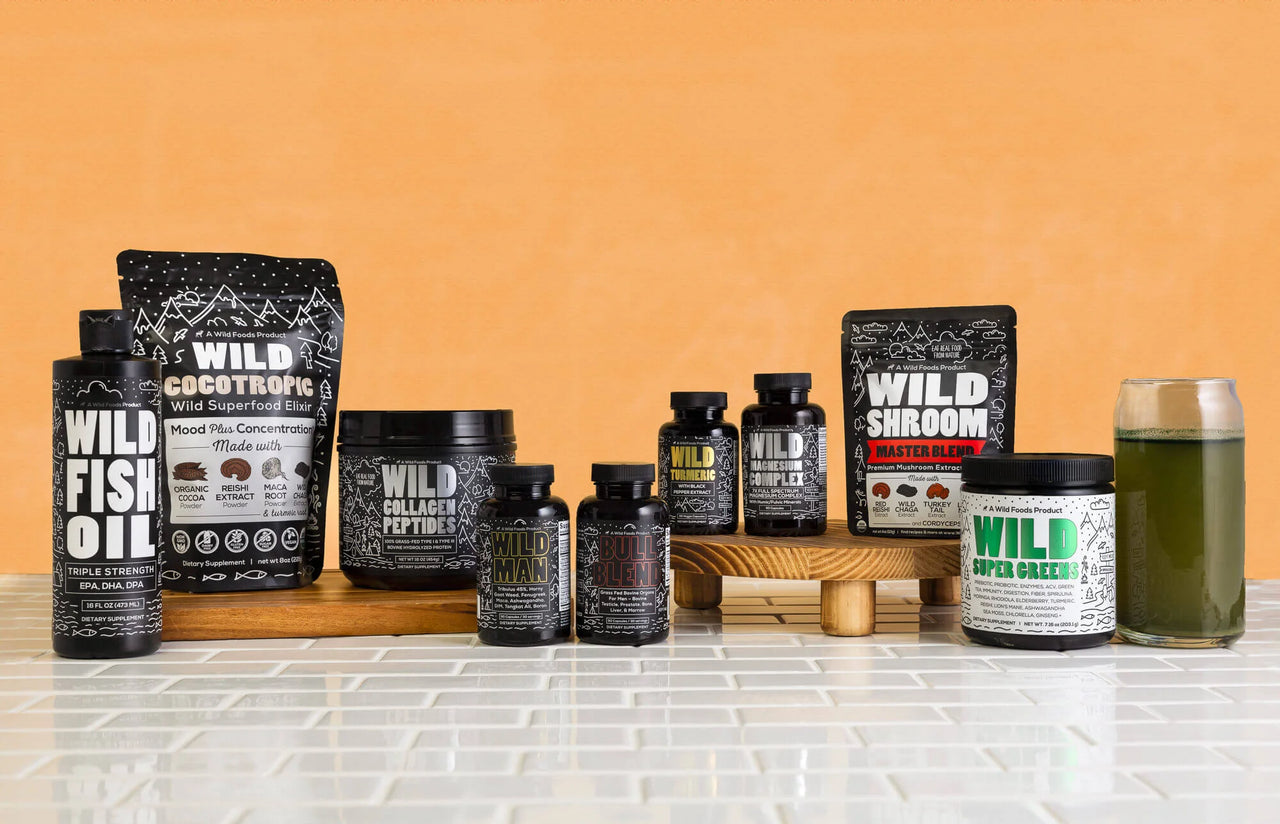Cacao is one of the most misunderstood superfoods out there. Cacao is loaded with healthy compounds that have proven health benefits. Research shows that cacao has even more of these beneficial compounds than blueberries, strawberries, and green tea!
Cacao can be used in many ways to add an extra dose of antioxidants, minerals, and other nutrients to your diet.
What is cacao?
Cacao comes from the cacao tree (also known as the Theobroma cacao tree). It is the raw, unprocessed, processed, and processed version of cocoa. Cacao is rich in antioxidants, minerals, and vitamins. It’s also loaded with healthy fats and protein. Cacao is the main ingredient in a lot of superfood desserts and snacks like chocolate bars, chocolates, dark chocolate, gourmet hot cocoa mixes, superfood cookies, and more. Cacao is great to add to your diet because it can add a healthy dose of nutrients without changing the taste of your food very much.
Cacao is a tropical fruit that grows in the mountains of South America. The beans inside the cacao tree are dried and then roasted to create cocoa powder. Cacao is native to the tropics and subtropics. It grows in tropical and temperate climates and can be found in countries such as Brazil, Mexico, and Africa. Cacao beans are the dried nuts of the cacao tree.
Along with being a source of antioxidants, cacao also contains flavonoids, minerals, and vitamins. In addition, cacao is good magnesium, potassium, and zinc source.
Cocoa vs. Cacao: What's the difference?
Cocoa powder is processed differently from cacao powder and is the dried solid remains from the fermented, dried, roasted cacao beans. To make cocoa, cacao beans are usually roasted then crushed into nibs ready for use in chocolate products.
Cacao powder, often labeled as raw cacao powder, is the least processed form of the beans, retaining the nutritional properties of cacao seeds. It is often unroasted and it is not treated with alkalizing agents. Cacao may also refer to the plant's beans and a particular type of product made with the beans. Cacao is a beverage made of powdered beans from the cacao plant or a few other products. Cocoa, in contrast, is a processed chocolate product, like the chocolate bars and powders that are widely available.
The Health Benefits of Cacao
Cacao is a powerful antioxidant
Cacao contains flavonoids called catechins which have been shown to improve heart health, reduce blood pressure, and promote brain health. In addition, cacao has an antioxidant capacity that is five times greater than vitamin C!
Drinking chocolate with cocoa powder added provides a healthy dose of antioxidants since the cocoa powder is high in flavonoids. Cocoa also contains magnesium which can help regulate blood sugar levels. Chocolate also contains more potassium than any other fruit or vegetable!
Cacao may improve heart health
Studies have shown that cacao can protect the heart against cardiovascular disease, thanks to its antioxidant and anti-inflammatory properties. One study even found that cocoa flavanols (the main constituents of cacao) could lower blood pressure in people with hypertension.
Cacao may help you lose weight
Cacao is high in calories but low in fat, making it an ideal food for weight loss. In addition to being calorie-dense, cacao is also rich in antioxidants and polyphenols, which are believed to play a role in helping you burn calories and fat. Additionally, consuming cacao regularly has been linked with decreased cortisol levels, a stress hormone that can contribute to weight gain.
How to Consume Cacao
Incorporating cacao into your diet may be a great start if you want to improve your health. Here are some ideas:
- Adding cacao to smoothies and shakes
- Putting cacao in oatmeal, granola, or breakfast cereals
- Sprinkling cacao into desserts
- Adding cacao to baked goods
- Eating cacao nibs
- Making cacao-infused hot chocolate
- Making cacao-infused tea.
Cocoa extract
Cocoa extract is a concentrated form of cacao that is created from a process called Dutching. This process removes a lot of the fat and other nutrients that are naturally present in cacao beans.
Cocoa extract is usually found in pill or capsule form, and it’s often used to make chocolate milk. Cocoa extract can be added to baking recipes and baking mixes to enhance the chocolate flavor. But it’s important to note that it is much lower in antioxidants compared to raw cacao.
Cacao powder
Cacao powder is a finely ground form of cacao beans. It’s a great way to add more cacao to your diet without having to add it to your food or drink. Cacao powder can be added to baked goods, desserts, hot drinks, oatmeal, and more. Cacao powder is a great way to add more cacao to your diet without adding it to your food or drink. Cacao powder is also a great source of fiber, protein, and other vitamins and minerals. Cacao powder has a robust taste, so it’s essential to add it to your food in moderate amounts.
Cocoa Research
Cacao studies have shown several health benefits and neurocognitive effects. Cacao may help with depression, stress, blood pressure, and heart health. Consuming cacao benefits your health because of its nutrients; the beneficial compounds found in cacao may even help combat diseases.
Cacao may help combat mood swings by increasing serotonin levels in your brain. If you can increase the brain's serotonin levels naturally by consuming raw cacao, you may see improved moods and decreased anxiety.
Raw cacao also contains the amino acid tryptophan, which helps to increase feelings of relaxation, boost mood, and even improve sleep.
Rich in dietary fiber and magnesium, eating raw cacao regularly can keep you from becoming constipated while improving overall digestive health.
According to Bansari Acharya, MA, R.D.N., registered dietitian nutritionist with Food Love, these antioxidants may decrease the production of pro-inflammatory proteins called cytokines, which lowers the risk for inflammation in the first place. Research shows polyphenols and flavanols in cacao may reduce markers of inflammation, contributing to its benefits for our cardiovascular and general health.
Cacao is one of many foods that may reduce your risk for cancer, thanks to flavanols. Flavonoids (antioxidant activity) are linked with benefits for heart health, including increased levels of good cholesterol (HDL) and decreased blood pressure.
To reap these heart health benefits, flavanol-rich foods such as raw cacao are your best option. Raw organic cacao may reduce LDL or bad cholesterol and increase HDL or good cholesterol because cacao contains high amounts of antioxidants that protect the lipoproteins from oxidation or reaction with free radicals.
It is said that cacao has been known to help decrease appetite (by allowing you to feel full), boost fat oxidation, reduce inflammation, and regulate your energy usage. Since then, various randomized diet studies show that eating cacao daily significantly lowers blood pressure than people who did not eat cacao.
A study published in The Cochrane Database of Systematic Reviews in 2012 found that cacao may provide some benefits for individuals suffering from hypertension. However, how cacao lowers blood pressure is not entirely understood.
One study on healthy volunteers showed improved blood flow to the brain following only five days of consumption of cacao with high levels of flavanols.
One study isolated improvements in older adults; subjects were given high-flavanol cocoa (it is not clear whether this was processed cacao or a raw cacao version) had increased blood flow to the brain by 8 percent after only a week. A 2019 study found that dark chocolate (which contains between 50 and 90 percent cacao) appears to enhance cognitive functions; researchers speculated this could be because of the psychostimulant theobromine in chocolate.






















